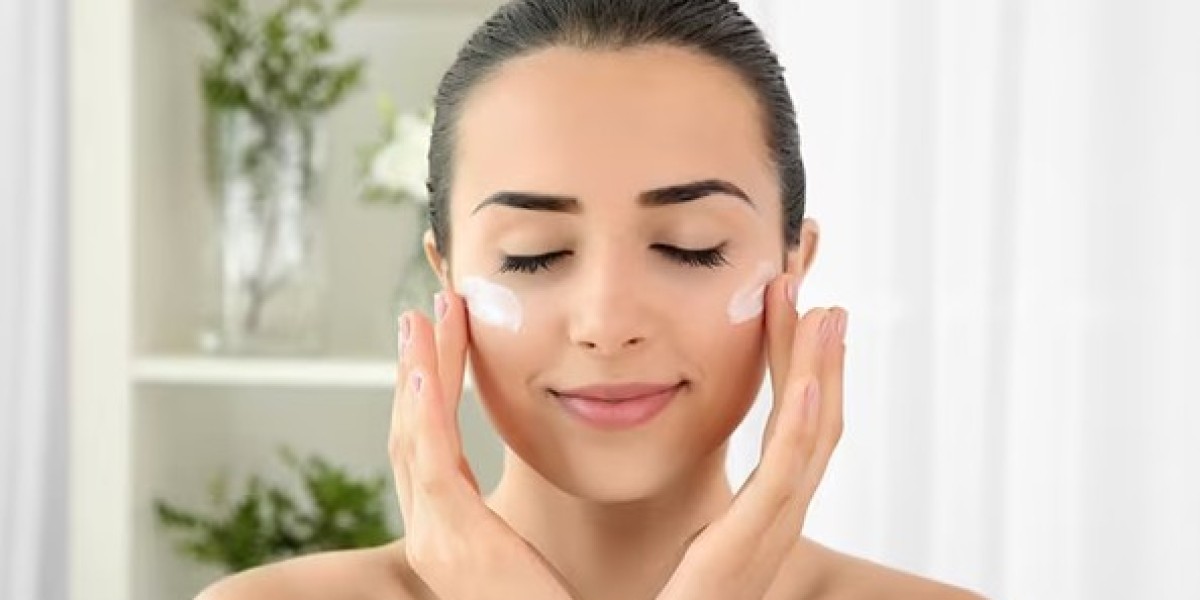Whether organic skin care is "better" than conventional skin care is a debatable issue that may vary depending on personal preferences, skin type, and particular skin issues. As stated in the previous comments, there are a number of reasons why organic skincare is becoming more and more popular, but it's important to weigh both their possible advantages and drawbacks.
Organic skin care advantages:
Less harsh chemicals: Organic skin care products often stay away from synthetic chemicals, parabens, phthalates, and other potentially dangerous ingredients. This might be advantageous for those with sensitive skin or for those who desire to limit their exposure to certain chemicals.
Environmental impact: When compared to conventional products, which may employ toxic chemicals and manufacturing methods, organic skin care often includes components that are sustainably produced and biodegradable.
Natural plant extracts, essential oils, and botanicals are included in many organic products. These ingredients may provide the skin beneficial nutrients and antioxidants that help nourish and protect it.
Ethical and cruelty-free: Organic skin care companies are often linked to ethical principles, such as support for sustainable agricultural techniques and testing that is free from animal experimentation.
Organic skin care has several limitations.
Effectiveness varies: Particularly for particular skincare issues like anti-aging or skin problems, certain organic components may not be as effective as their synthetic equivalents. The composition and concentration of the active components in organic goods may have an impact on their effectiveness.
Reduced shelf life: Because some synthetic preservatives are absent from organic goods, their shelf life may be reduced. They might thus lose their potency or expire more quickly than certain traditional products.
Potential allergens: Some organic substances, such as essential oils, might irritate some people's skin or make them allergic. Some individuals may still be allergic to certain organic substances, even if natural does not always imply non-allergenic.
Limited regulation: The use of the phrase "organic" in skincare products is not always strictly controlled, and some goods may use the term without doing so. To verify the veracity of organic claims, it is crucial to search for certificates from credible organizations.
Finally, your own values, skin type, and unique skincare requirements will determine if organic skin care is "better" for you. Some individuals discover that organic skincare products are both good for their skin and suit their moral and environmental priorities. Others, however, could like traditional goods made of synthetic materials that have undergone significant testing and have been shown to be efficient for a variety of skin issues. As with any skincare regimen, it's important to do your homework and choose products depending on your tastes, your skin type, and the results you want.
https://reddestin.com/collections/cafeteria-chairs
https://trendybeauti.com/products/age-rewind-anti-wrinkle-set
https://trendybeauti.com/products/olaplex-no-3-hair-perfector-100
https://trendybeauti.com/collections/olaplex-hair-care



